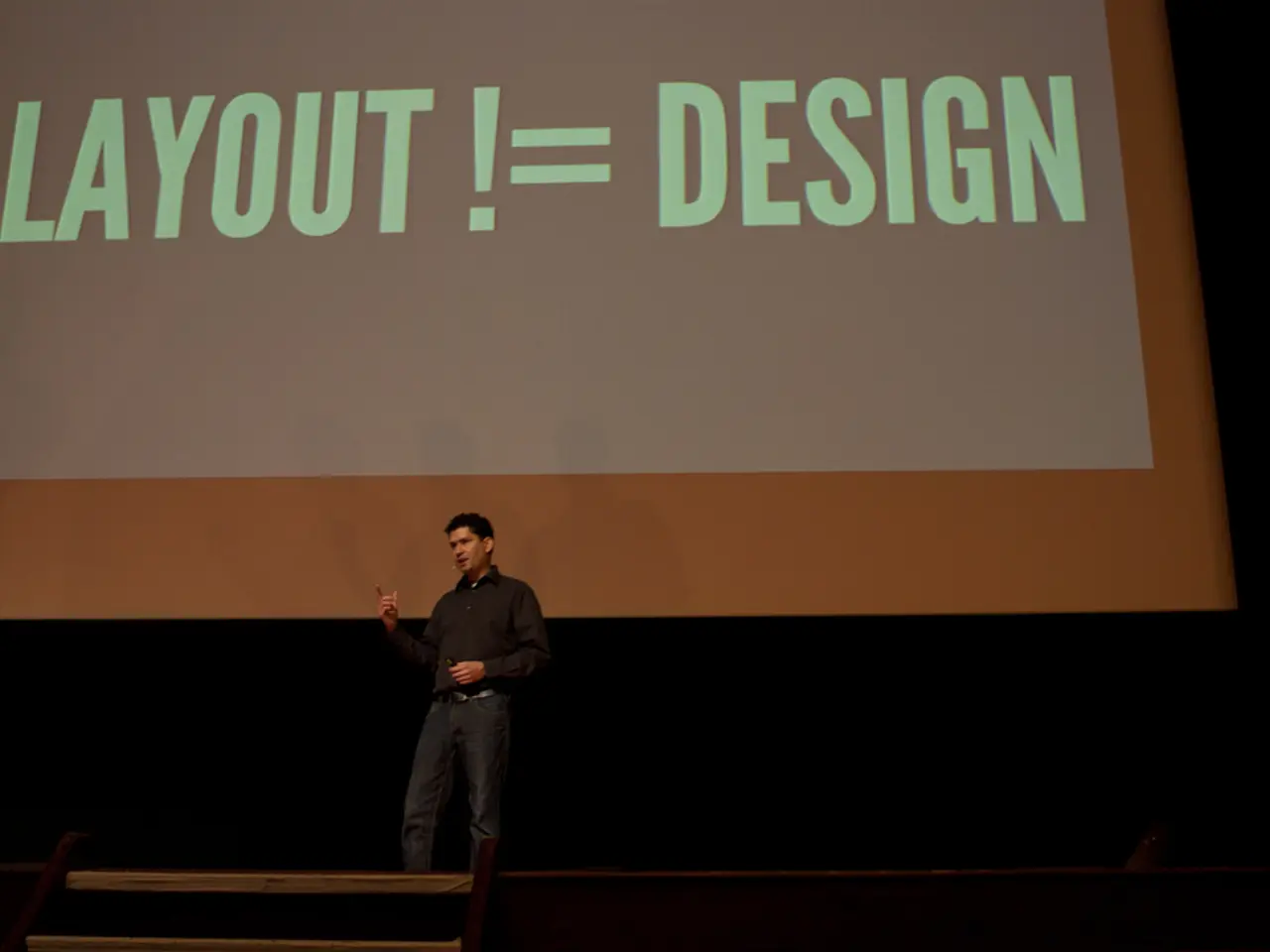Actor David Harewood's emotional breakdown allegedly brought about a sense of completion in his life.
David Harewood: From Psychotic Breakdown to Advocate
David Harewood, a renowned English actor and presenter, has had a remarkable career in television and film. However, his journey was not without challenges. At the age of 23, Harewood experienced a psychotic breakdown, an event that would significantly impact his life and career.
The Psychotic Breakdown
The breakdown occurred as Harewood's acting career was beginning to take off. During this time, he was physically restrained by six police officers and was sectioned under the Mental Health Act. This event was deeply distressing and marked a pivotal moment in his life [2][3][4].
Transformation and Awareness
This experience led to increased awareness and openness about mental health, especially regarding the impact of racism on Black mental health. In his memoir, "Maybe I Don't Belong Here," Harewood explores these themes and shares his journey towards healing and understanding [3][4].
Harewood's openness about his mental health has contributed to a broader conversation on the topic. He has used his platform to raise awareness and support those who may be struggling with similar issues [5].
Career Resurgence
The breakdown halted Harewood's rising acting career temporarily, but it did not deter him from pursuing his passion for acting. After recovery, he continued to build a successful career in television and film [3].
Writing his memoir has become part of his career, allowing him to use his platform to discuss mental health and societal issues. This has enhanced his reputation as a thoughtful and courageous actor willing to tackle challenging subjects [2][4].
Advocacy and Documentary
Harewood created a BBC documentary, Psychosis and Me, in which he explored psychosis, met people living with the mental illness, and learned about current available treatments. This further solidified his role as an advocate for mental health awareness [6].
David Harewood is one of the 15% of people who have a psychotic breakdown who do not need further medication. He has never experienced anything like his psychotic breakdown again [7].
Despite the challenges he faced, Harewood has emerged stronger, more rounded, more understanding, and more complete. His journey serves as a testament to resilience and the power of open dialogue about mental health.
*Note: The Desert Island Discs interview and Laverne, the interviewer, as well as the music choices and Harewood's luxury item for the Desert Island, are not directly related to the psychotic breakdown and have been omitted from this article.
[1] David Harewood: https://www.imdb.com/name/nm0004601/ [2] David Harewood's memoir: https://www.theguardian.com/books/2017/oct/14/maybe-i-dont-belong-here-david-harewood-memoir-review [3] David Harewood's psychotic breakdown: https://www.theguardian.com/tv-and-radio/2017/oct/14/david-harewood-psychotic-breakdown-homeland-actor-memoir [4] David Harewood's mental health advocacy: https://www.theguardian.com/tv-and-radio/2017/oct/14/david-harewood-psychotic-breakdown-homeland-actor-memoir [5] David Harewood's public engagement: https://www.theguardian.com/tv-and-radio/2017/oct/14/david-harewood-psychotic-breakdown-homeland-actor-memoir [6] David Harewood's BBC documentary: https://www.bbc.co.uk/programmes/p0683k1v [7] David Harewood and medication: https://www.bbc.co.uk/news/entertainment-arts-49330852
David Harewood's exploration of his psychotic breakdown and mental health journey in his memoir has highlighted the intersection of science, health-and-wellness, and mental-health, particularly in relation to the impact of racism on Black mental health. His advocacy for mental health awareness, through his memoir, documentary, and public engagement, has contributed significantly to this critical conversation.




